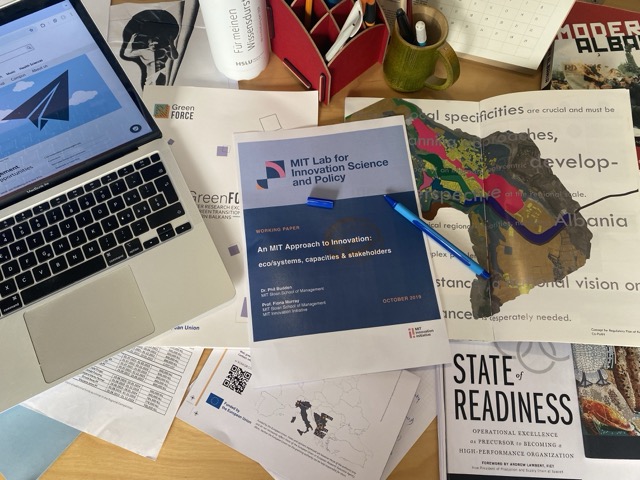Managing multi-country projects, adapting to changes, and ensuring operational efficiency are common challenges for NGOs. In all these areas, insights from the business world can come at hand. Here are my main takeaways from the CAS International Management program that helped me change my mindset.
Before enrolling in the CAS International Management program at HSLU, I knew that strong management practices were essential for NGOs to remain effective and create lasting impact. What I didn’t anticipate, however, was just how much I could learn from business-focused literature and management concepts typically designed for multinational corporations.
I had assumed that the internationalisation challenges faced by NGOs were quite different from those in the corporate world, where the focus is on profit maximisation. But through the program, I came to realise that many of the strategic and operational challenges NGOs face internationally are similar to those of businesses. Here are some key business insights that I believe can be applied to the NGO sector.
Key Takeaways: Business Lessons for NGOs
- Think Globally, Act Strategically
The core modules of the CAS deepened my understanding of different strategies and management approaches that businesses use to expand across borders. These insights have reshaped how I approach international cooperation projects. I now have a clearer grasp of the strategic options available to better manage cross-border collaborations and leverage the competitive strengths that project partners from different countries can bring.
- Market Your Mission, Attract the Best
For non-profit organisations, attracting the right talent and clearly communicating values, visions, and missions are critical to success. However, developing and implementing marketing strategies and talent management programs are often seen as secondary priorities due to resource constraints. I have learned that rethinking NGO work in terms of “brand effectiveness” and “talent development” can be transformative for achieving long-term sustainability and maximising impact.
- Strive for Excellence
A course module base on Joseph F. Paris Jr.’s ‚State of Readiness‘ model for operational excellence was particularly eye-opening. It emphasised that operational excellence goes beyond processes and needs a systemic view of organisational improvement. This means recognising own strengths and weaknesses, continuously improving, and becoming more agile to better respond to challenges. The idea that even a small NGO can aim to become a high-performance organisation particularly resonates with me.
- Mobilise Stakeholders, Drive Innovation
The final takeaway that has left a lasting impression on me is the concept of innovation ecosystem, drawing from the work of Fiona Murray and Phil Budden at MIT Sloan. Recognising the power of collaborative stakeholder frameworks helps understand why some contexts are more effective than others in delivering innovative solutions. The ability to identify the “missing” or “ineffective” components within the ecosystems is the first step toward addressing challenges and driving innovation forward.
A New Approach to International NGO Work
Now that I’ve completed the CAS program, I feel better equipped to navigate the complexities of international management. I now approach international projects with a new mindset. The combination of strategic thinking, marketing, operational excellence, and innovative frameworks has already begun to influence my work as an NGO professional.
As we look toward achieving the Sustainable Development Goals (SDGs) by 2030, it’s clear that NGOs and businesses must collaborate, leveraging both business insights and mission-driven strategies to drive positive change.

 by
by